Honey: Its Value Added Products for Human Health
Synopsis
Lore and legend have endowed honey with unique nutritional and health qualities. It has been hailed as an aphrodisiac and elixir of youth. Honey is produced by bees from, plant nectar and is a mixture of water and to simple sugars fructose and glucose. The clearer the honey, the higher the proportion of fructose, although honey will almost always granulate, if it is kept long enough. Heating it will make it running again. Honey supplies negligible amount of nutrients, but its tiny nutrient content does make it a slightly healthier option than refined white sugar, which contains nothing but empty calories. In fact, weight for weight honey contains fewer calories than sugar-288 as opposed to 394 per 100 g (3/12 oz) because one quarter of its is water. In recipes, it is worth remembering that because it is denser, one tablespoon of honey weights more than one tablespoon of sugar, sot that substituting by volume rather than by weight would give your more calories. The flavour of honey depends on which flowers the bees have visited. Acacia honey is mild and suit for cooking while chestnut honey has a distinctive, almost bitter taste. Honey can contain naturally occurring toxins from plants. Bees that collect pollen from rhododendrons, for examples can produce a toxic honey that can cause paralysis of eaten. This has also been some concern over pyrrolizidine alkaloids in honey made by bees that have foraged on ragwort. Honey still retains its reputation as a remedy for chest complaints, particularly for removing phlegm. It also has antiseptic properties. The ancient Greeks and Romans believed that it could help to heal wounds and its is claimed that it acts as mild sedative in the same way as sugar. A drink for sore throats can be made by adding two teaspoons og honey and the juice of half a lemon to a glass of hot water. All sweet foods stimulate the brain to produce endorphins, which are the body's natural painkillers. The sweetened liquid also encourages the production of saliva, which helps to soothe a dry and irritated throat. Honey has features in religious festivals through out the world as a food fit for the gods. Long before beekeeping was introduced stone age man valued honey from wild bees for its variety as well as for its tateste. In England, honey was the ordinary people's sweetener until the middle of the 17th century while sugar was reserved for the nobility and the gentry. However by the late 17th century, sugar was becoming the universal sweeteners and honey the treat hence the rhyms the Queen was in her parlour eating bread and honey. This book has a been written with an objective to help the Bee-Keepers, technologists research scholars and scientists too and I do Hope that this book will definitely add some knowledge to them.
Read more
31.50
28.35
$
35.00 $
Free delivery Wolrdwidе in 10-18 days
Ships in 2-4 days from New Delhi
Membership for 1 Year $35.00
Get it now and save 10%
Get it now and save 10%
BECOME A MEMBER

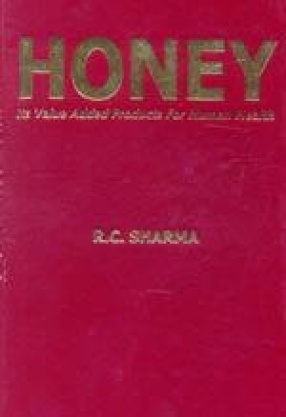

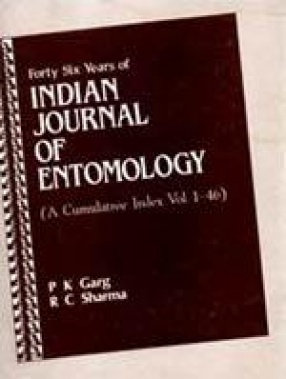


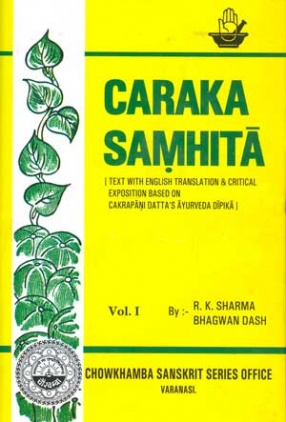
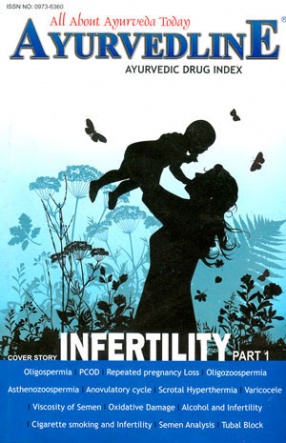
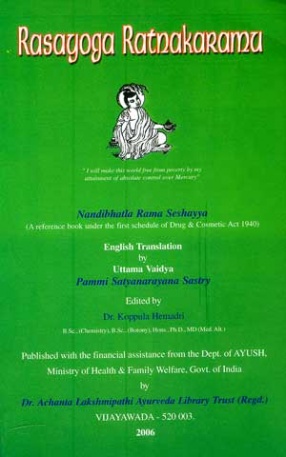
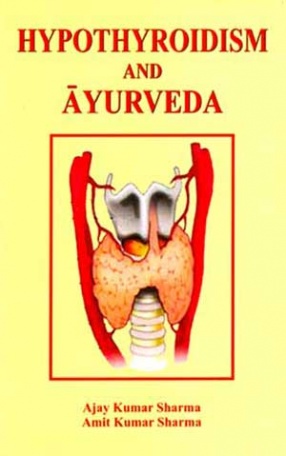

Bibliographic information